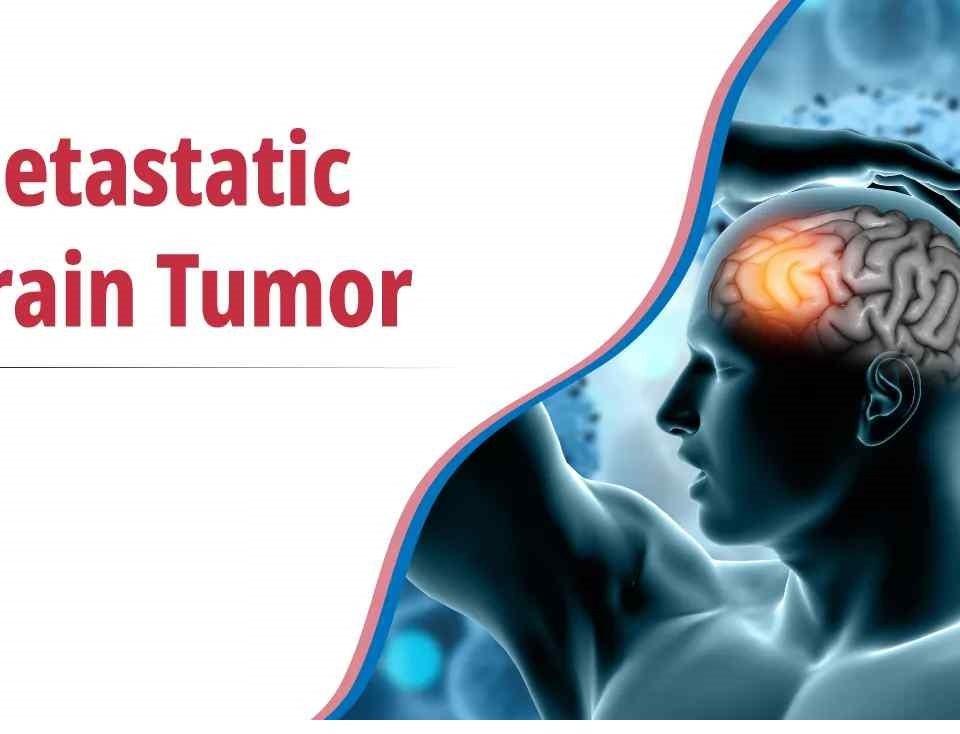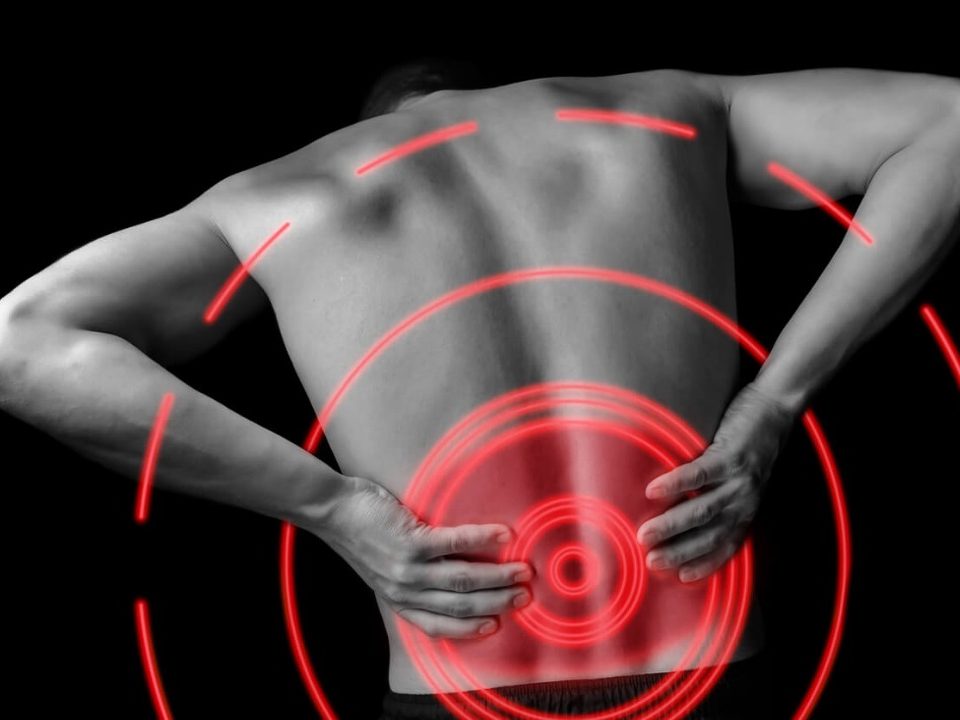If you’ve ever had a stroke, you very likely also had high blood pressure. Your doctor may call it hypertension. It’s the biggest culprit behind strokes, causing more than half of them.
Experts say 80% of strokes can be prevented. The single best way to do that is to get your blood pressure in the healthy range. That means lower than 120/80.
If your blood pressure is consistently 140/90 and above, you have hypertension. Your numbers naturally rise and fall depending on what you’re doing and how stressed you are throughout the day. You should check them several times before you get a diagnosis.
If either number is higher than normal, it means your heart is pumping harder than it should. Studies show that that over time, that makes you more likely to have a stroke.
Hypertension puts your arteries under constant stress. As with a tire that’s been overpumped, too much force inside your blood vessels damages the artery walls and makes them weaker.
There are two main types of strokes — and high blood pressure makes both more likely.
- Strokes caused by blocked blood flow: In almost 9 out of 10 cases, you have a stroke because something, usually a clot, blocks the flow of blood to the brain. Doctors call this an ischemic stroke. Without oxygen, brain cells start dying within minutes. The clots happen more often with high blood pressure because it speeds up arteriosclerosis, a condition that makes your arteries get harder, narrower, and clogged with fatty plaque. Hypertension also makes you more likely to have atrial fibrillation. It causes blood to collect in the heart, where a clot can form
- Strokes caused by bleeding in or around the brain. These are “hemorrhagic” strokes. They tend to be more serious and deadlier than clot-based ones. A weak blood vessel breaks open, usually because of an aneurysm, a spot that has ballooned up from pressure. High blood pressure damages arteries and makes them more likely to tear or burst. Hypertension also can cause clots that lead to temporary “mini strokes.” Transient ischemic attack,
Reference:
https://www.webmd.com/hypertension-high-blood-pressure/guide/hypertension-high-blood-pressure-stroke#1


